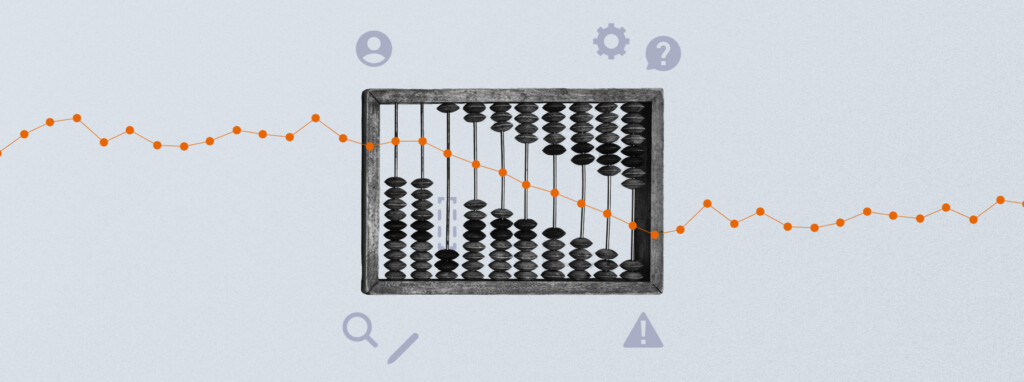The term Big Data has been noise on the internet for years but, like many popular catchphrases, what it actually means to brands remains somewhat muddied. We clear the water.
There are even a host of expert surveys that have tried to pinpoint exactly what Big Data is. Big Data is technically defined as: “extremely large data sets that may be analysed computationally to reveal patterns, trends, and associations, especially relating to human behaviour and interactions.” However, the reality of Big Data in the day-to-day workplace can seem far removed from its technical definition.
So why is Big Data important?
Every action and interaction every person, business and brand takes with any other entity creates data, which contributes to an endlessly growing stream of data. Some might even call it Big Data. According to IBM, we create an estimated 2.5 billion quintillion bytes of data each day. There’s so much data out there that it is inevitably overwhelming. So while it could help us in myriad ways, it is more likely to simply confuse us. Many companies are now collecting their data from a wide variety of sources – analytics, social media, CRM, PoS etc. – but still too few know what to do with it.
According to stats shared by Forbes, for a typical Fortune 1000 company, just a 10% increase in data accessibility could result in more than $65 million additional net income.
And what can it do?
Knowing more about your customers has obvious benefits: better targeting, more relevant information and higher returns, to name a few. However, the impact of Big Data does not end there. The implications of data science and analytics are much broader with APIs, algorithms, AI, predictive analytics and machine learning all rapidly becoming a crucial part of any brand’s toolset.
Take the banking sector as an example
Over the years, there have been increasing numbers of reasons for customers to lose an element of trust in their banks, particularly digital natives who prefer to have more direct control over their banking – outdated websites, poor customer service, lack of mobile app, poor UX. All of these elements can be improved through the use of big data – it’s all about better understanding your customers and knowing where to invest first. According to stats shared by Forbes, for a typical Fortune 1000 company, just a 10% increase in data accessibility could result in more than $65 million additional net income.
What is the future of Big Data?
Unlike some areas of marketing, the use of big data does require fairly significant investment. Being able to effectively join up datasets in order to answer key business questions is not a simple task and requires both the tools and the people to manage it. The shortage in data scientists remains a key issue as companies become increasingly aware of the critical need for data-driven decision making. The potential to turn all data surrounding our businesses into meaningful insights, actionable updates and ROI is very much out there, but the first step must be the implementation of a clear strategy with solid foundations. It’s easy to get side-tracked by meaningless numbers; just because you can measure something doesn’t mean you should. The key to harnessing the value of big data for your business is ensuring you are using it to answer your key questions, not accidentally asking new ones.
Subscribe now for content marketing insights and trends straight to your inbox.









